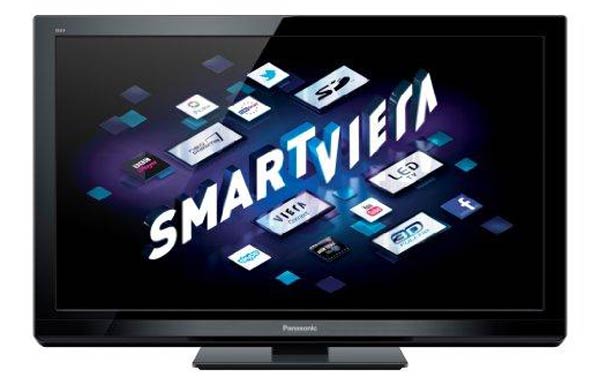TV stations in Japan have been refusing to show a new TV commercial featuring a new Panasonic Viera Smart TV. It is rare for a broadcaster in Japan to turn down commercials from a big-name manufacturer so what has Panasonic done to upset them so much they won't take its money?

According to reports published by Japan Today the broadcasters said they wouldn't show the Panasonic Smart Viera TV ads because "the split screen simultaneously showing broadcast content and web pages may confuse viewers". The TV networks, excluding public broadcaster NHK which like the BBC doesn't show adverts, are "demanding Panasonic change the way online information is displayed" says the Yomiyuri Shimbun. It is explained that customers may confuse online and live broadcast services.
It is thought that rather than potential customer confusion the real driving force behind the Panasonic advert ban is the TV stations resistance to competition from IPTV services. They don't want to have customers see their TV channel content side by side with these competitive TV services.
I must confess I did find the advert confusing but I think that's mostly due to my lack of Japanese language skills, I assume the voiceover is explaining much of what is going on during the advert.

Panasonic has officially responded to the advert ban in a statement saying; "IPTV, or smart television, is a new area of service, and we are in talks to create new rules for broadcasting. We refrain from making further comments."













